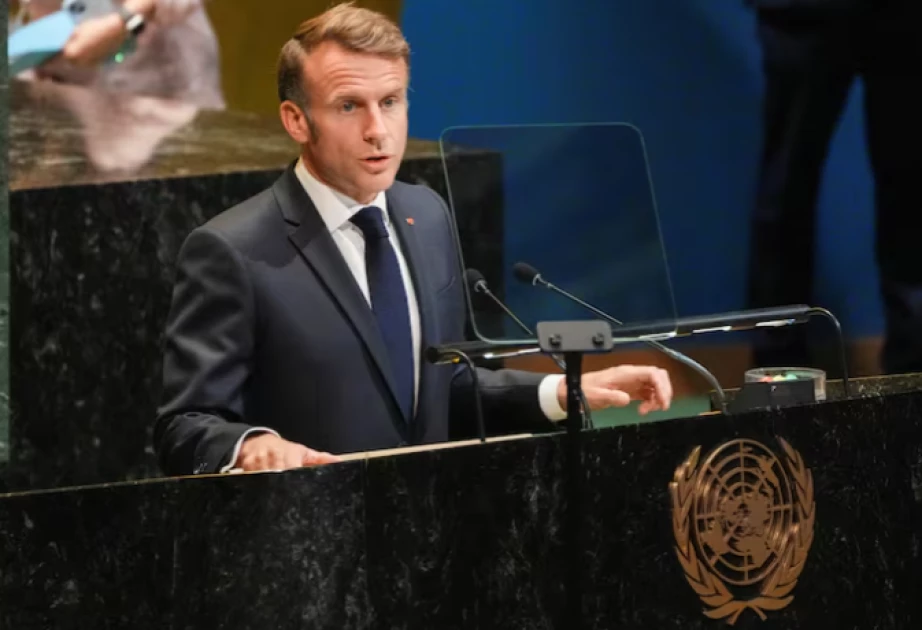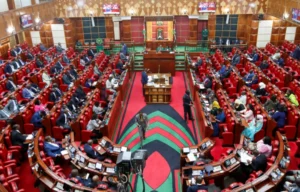France Postpones Pension Reform Amid Backlash Over New Budget Measures.
The Socialist Party, which has been seen as a pivotal swing force in the divided parliament, had demanded the complete withdrawal of the reform.

The ruling has infuriated unions, which argue that low-income earners and pensioners will suffer most.Photo/courtesy
By Ruth Sang
The French government has announced that it will delay the implementation of the controversial 2023 pension reform, a move that has reignited criticism both from opposition parties and trade unions. The reform, which has met with widespread resistance from the population, will now be delayed, though the government’s proposed methods for making up for the financial cost—such as freezing pensions and health insurance taxation—have been met with fierce criticism.
The news comes at a time when France remains politically gridlocked since President Emmanuel Macron’s move to call early parliamentary elections last year. The elections, which were meant to consolidate his centrist bloc, instead resulted in his bloc losing its majority, with the government since then struggling to pass key legislation.
Earlier this month, Prime Minister Sebastien Lecornu pledged to delay the implementation of the pension reform, raising the retirement age from 62 to 64, in a strategic attempt to avoid losing a confidence vote in the National Assembly. The Socialist Party, which has been seen as a pivotal swing force in the divided parliament, had demanded the complete withdrawal of the reform.
Lecornu’s resignation came after a tumultuous period for French politics that saw him resign briefly prior to being reinstated as prime minister. Both of his immediate predecessors were forced out after parliamentary battles over austerity budget cuts.
In a so-called “corrective letter,” the government stated that it would push back the new retirement age and pension contribution reforms to January 2028, after President Macron’s current term as president. The delay is part of a broader austerity budget plan for 2026, which has not yet been passed by parliament.
However, the Finance Ministry estimates that delaying the reform will result in an additional budget deficit of €100 million in 2026 and €1.4 billion in 2027. To compensate for the shortfall, the government will raise taxes on private health insurance providers and freeze pension increases so that they no longer keep up with inflation.
The ruling has infuriated unions, which argue that low-income earners and pensioners will suffer most. “This will devalue even more the purchasing power of pensioners with modest means,” warned Yvan Ricordeau of the CFDT union. Others, such as Denis Gravouil of the CGT, assailed the likely impact on workers and pensioners alike, arguing that higher insurance taxes would inevitably result in more costs for ordinary citizens.
The pension reform, which was originally passed in 2023 using a controversial constitutional loophole to circumvent a parliamentary vote, had triggered months of nationwide protest and strikes. Lecornu has learned from that backlash, promising not to use managerial prerogative powers to force through any further legislation in parliament. Instead, he has promised open debate and proper legislative votes on any other reforms.
As France gears up for a fresh round of political and social upheaval, the government has the thankless task of balancing fiscal discipline with growing popular resentment at the cost of living and pension security.








